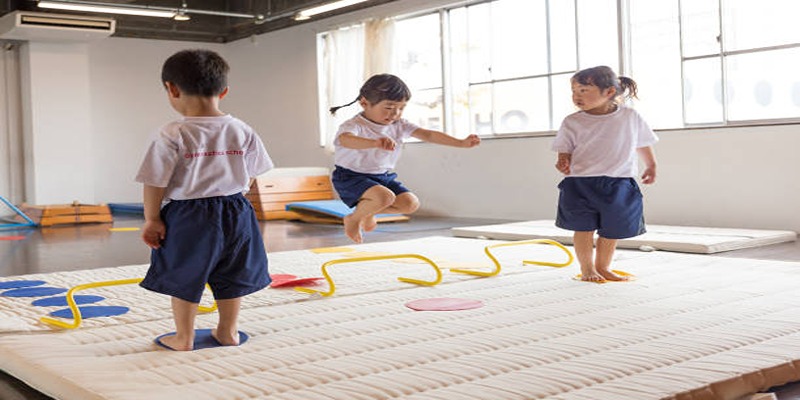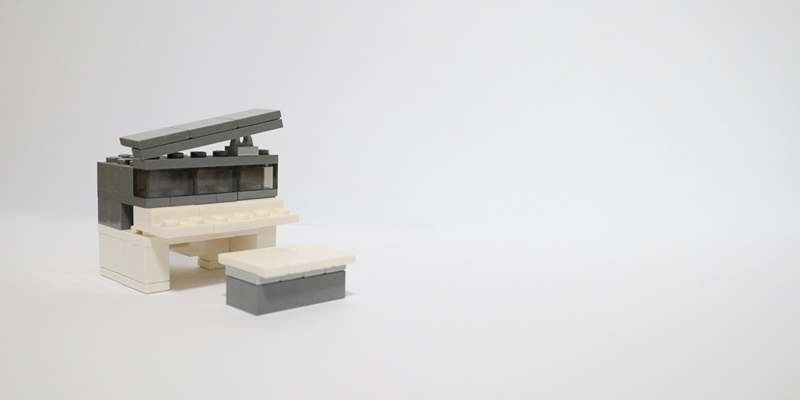Handling allergies can be demanding. From continual sneezing to sore eyes, allergies interfere with daily life. Whether set off by pet dander, pollen, or dust, these reactions sometimes feel inevitable. Fortunately, answers are within reach to enable you to recover your comfort. Modern treatments such as allergy shots solve the underlying problem, providing long-term relief.
Simple household adjustments like running HEPA filters will help greatly lower airborne allergens. Medications offer fast symptom relief; lifestyle changes stop future reactions. Using the correct strategy can help you control allergies and improve your quality of life. From daily adjustments to medical treatments, this article looks at doable options suited to your requirements. Let's work through these techniques to enable you to live allergy-free and breathe easier.

Allergies and Their Causes
Allergies result from your immune system reacting powerfully to typically benign chemicals, such as allergens, pollen, dust mites, mold, and pet dander. Exposure sets off symptoms, including sneezing, watery eyes, and nasal congestion. As such, some people might also have asthma episodes or skin rashes. Everybody has different allergies, and their reasons differ. Seasonal allergies, for example, arise when pollen from weeds, grasses, or trees is in the air.
Some patients get year-round symptoms from dust mites and mold, which flourish in indoor settings. Pet allergies are often related to animal urine, saliva, or dander proteins. Effective allergy control depends first on knowing your particular triggers. Blood testing or skin prick tests can assist in determining the cause of the reaction. Knowing this will help you decide which treatments would help you lower your symptoms and improve your quality of life.
Allergy Shots: A Long-Term Solution
An immunotherapy-based long-term fix for allergies is allergy injections. By exposing your immune system to tiny, regulated amounts over time, this treatment allows it to adapt to allergies. Symptoms include sneezing, congestion, and itching, which are much lessened as your body grows used to the allergens. The method calls for constancy and dedication. Treatment starts in a build-up phase whereby weekly injections are given to raise the allergen dosage progressively.
Once you have a steady dosage, you move to monthly injections. Usually spanning several years, immunotherapy's benefits are well worth the work for many patients. Conditions including hay fever, pet allergies, and reactions to bug stings benefit most from allergy injections. They might not fit everyone, though, particularly those with some medical disorders or severe allergies. See an allergist to determine if this approach fits your lifestyle and degree of need.
HEPA Filters for Cleaner Air
One quick and easy way to reduce allergens in your house is to install HEPA filters. These high-efficiency filters stop small particles, including pollen, dust mites, pet dander, and mold spores, from floating around in the air. Air quality can be improved by installing HEPA filters on appliances, including air cleaners, vacuums, and HVAC systems. Following manufacturer recommendations for filter replacement helps guarantee their efficiency.
For best results, use air cleaners with HEPA filters in often-used areas like living rooms and bedrooms. Those with severe allergies or asthma especially benefit since it promotes cleaner, healthier surroundings. For the best effect, match HEPA filters with regular cleaning routines. With a vacuum using a HEPA filter, weekly hot water washing of bedding helps eliminate dust mites from carpets, furniture, and rugs.

Medications for Immediate Relief
Many turn to medications because they provide quick relief from allergy symptoms. Like loratadine or cetirizine, over-the-counter antihistamines inhibit allergic reactions and lessen sneezing, itching, and runny nose. Another choice is decongestants, which help with nasal congestion and ease breathing. Particularly for those with chronic symptoms, nasal sprays using corticosteroids help lower inflammation and congestion for more focused relief.
Eye drops can help with red, watery, or itchy eyes brought on by allergies such as pollen or dust. These easily applied remedies offer localized relief. To prevent negative effects, always follow the advised dosage. See a doctor if problems continue. Stronger antihistamines or leukotriene inhibitors that control inflammation could be prescription medications for severe allergies.
Reducing Indoor Allergens
Reducing indoor allergies requires a proactive strategy to produce a better living space. Close windows and run air conditioning to filter outside air during high pollen seasons. To reduce allergens, routinely clean surfaces prone to dust, such as baseboards, blinds, and shelves. Allergen-proof covers for mattresses and pillows will help protect your bedding from dust mites, preventing their growth.
Weekly hot water washing of bedding is important; remember to wash curtains and plush animals since they can sometimes contain allergies. Control of humidity is crucial for houses prone to mold. Maintain ideal indoor moisture levels, use dehumidifiers, and quickly fix leaks to stop water damage. Mix water and vinegar to clean moldy surfaces; this helps kill mold and prevent regrowth. These techniques, taken together, will help you greatly lower your indoor allergy exposure.
Managing Outdoor Allergies
Like hay fever, managing outdoor allergies calls for reducing allergen exposure. Check daily pollen counts before going outside. Wear sunglasses and a broad-brimmed cap to cut pollen contact with your eyes and skin on high-pollen days. Showering and changing clothes help eliminate pollen that might have gathered after spending time outside. Keep shoes outside to stop allergies tracked indoors from spreading.
Avoid outside activities during the greatest pollen seasons, usually early morning and evening. Medication is also helpful for outdoor allergies. Before exposure, antihistamines can help moderate symptoms and lessen their frequency. While eye drops can calm itchy or watery eyes, nasal sprays are good for easing nasal congestion and inflammation after contact with allergens.
Conclusion:
Managing allergies requires a mix of lifestyle modifications and therapies to raise your quality of life. While HEPA filters can cut indoor allergens, allergy shots provide long-term relief by teaching your immune system. Medications offer rapid relief; cutting indoor and outdoor allergens helps stop flare-ups. Your allergies will be better controlled if you find your triggers, apply appropriate therapies, and make little home changes. With the correct strategy, one can enjoy daily activities, breathe easier, and live more easily, free from the continuous weight of allergic symptoms.












